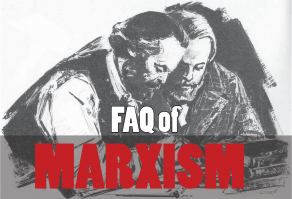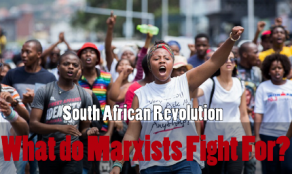Their Morals and Ours
We republish Leon Trotsky's 1938 pamphlet, Their Morals and Ours. Written while Trotsky was in exile in Mexico, the pamphlet answers critics of the Russian Revolution, who smeared the Bolsheviks as "amoral". Trotsky argues that morality is not fixed but reflects class interests in society. So-called common sense and "elementary moral precepts" against violence, for example, in reality serve the interests of the ruling class. Revolutionary morality – including the use of violence in class struggle – is determined by whatever advances the cause of the proletariat, and thus the liberation of humanity.












